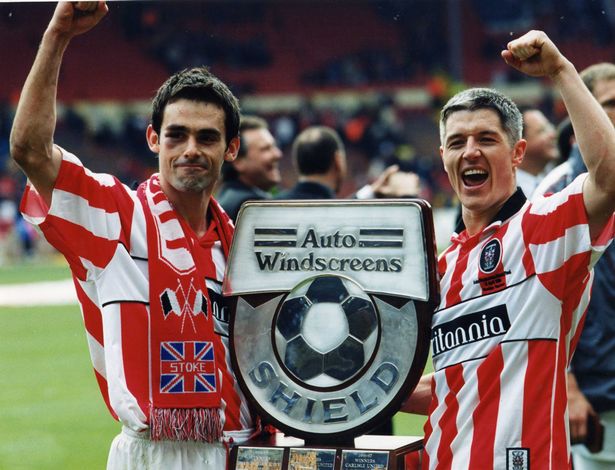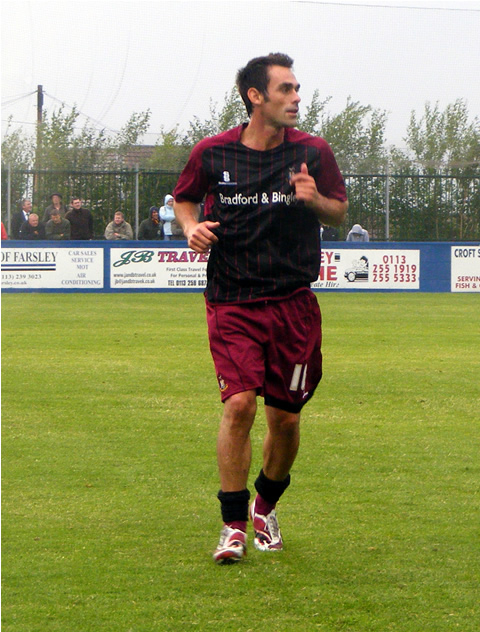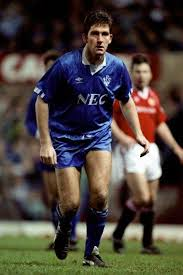Peter Thorne was a striker that was feared in the lower leagues of English football for many years and scored just short of 200 goals in his career.
The forward was successful almost everywhere he went but his career began slowly at Blackburn Rovers, where he is only first team appearance came in the 1994 Charity Shield against Manchester United. To get some playing time Thorne went out on loan to Wigan Athletic during the season but unfortunately couldn’t score in his 11 games. Swindon Town then took a chance on him and despite his impressive 11 goals in 23 games he could not stop them from getting relegated from Division One. Thorne stayed at the club and helped them gain promotion with another 11 goals.

In his final season he scored 10 goals before moving to Stoke City in July 1997. Once again he was successful with 16 goals but his team were disappointing and another relegation followed. The next few years were heartbreaking for the club and the fans as they failed to gain promotion and were unfortunately defeated in several playoff attempts. But Thorne did score 30 goals in the 1999-00 season and also became a club hero by scoring the winning goal in the 2000 Football League Trophy final.
After 80 goals for Stoke, Cardiff City signed the striker for a club record £1.7 million in September 2001. The first season wasn’t ideal as he struggled with injuries but the following campaign he combined brilliantly with striker partner Robert Earnshaw and the pair scored a total of 52 goals. Over the next two seasons injuries haunted him however he still scored a decent amount of goals.

With Cardiff struggling financially this meant Thorne was allowed to leave for Norwich City. In his two seasons at the club he only managed two goals and the striker did contemplate retirement. Bradford City convinced Thorne to sign for them on a one year deal and he would become a popular player.

A hip injury stopped him from starting the league season but he quickly got up to the pace of League Two and would score regularly, including a hatrick in a 3-0 win over Notts County. Due to his form he was given a contract extension and once again rewarded his manager straight away by scoring two goals in each of the first two games and then adding a fifth of the season in the third game. By the start of November he already had 11 goals, however a shoulder injury slowed his progress and he ended the season with 17 goals. These would be his last career goals.
The final word can go to former Bradford manager Stuart McCall. “We know we’ve got a good goalscorer. Obviously with the little niggles that Thorney has had there is no guarantee he will play ‘X’ amount of games but if he does get 30 to 35 games, there is a good chance he will end with 15 to 20 goals.”






